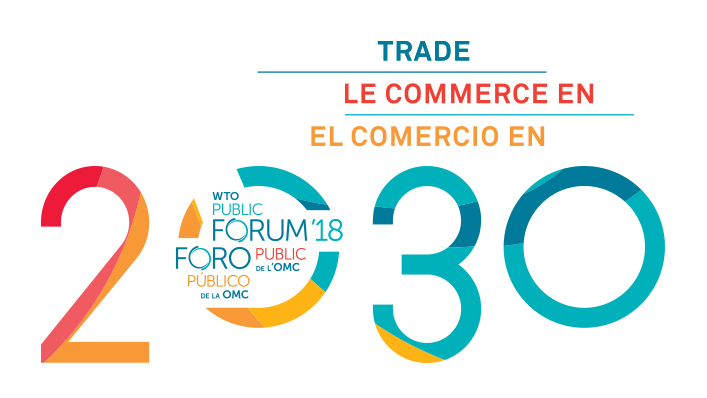Services domestic regulation disciplines: Implications for SDGs in an era of blockchain and other new technologies
4 Oct 2018 02:00h
Event report
Moderated by Ms Sanya Smith (Legal Advisor, Third World Network), the session explored ‘the implications of the services domestic regulation disciplines being proposed at the World Trade Organization (WTO) in the context of rapidly evolving technology and technology enabled trade’.
The ongoing negotiations on domestic regulation disciplines relate to the General Agreement on Trade in Services (GATS) and the decision on domestic regulation, which ‘call upon WTO members to develop any necessary disciplines to ensure that measures relating to qualification requirements and procedures, technical standards and licensing requirements and procedures do not constitute unnecessary barriers to trade in services’. In other words, the current debate is about, to what extent domestic regulations pose unnecessary barriers to trade; and if proposed domestic regulation principles ensure domestic regulations do not impose stricter rules than necessary.
Ms Vahini Naidu (Foreign Economic Representative, South African Permanent Mission to the WTO), underlined the importance of exploring the implications of the proposed domestic regulation principles. She detailed qualification requirements and procedures, technical standards, and licensing requirements and procedures, in this context. Typically, these stipulate what a foreign service provider needs to do in order to establish itself in a given market. The argument by proponents of the domestic regulation disciplines, is that domestic rules should be reasonable, and should not unduly impair the provision of services by foreign providers. Naidu pointed out that this debate concerns all levels of government, and can potentially impact the past and future of domestic regulations. She raised concerns that governments would be constrained in their ability to regulate, while domestic priorities and national objectives could also be constrained. The proposed domestic regulation disciplines would remove considerations for unique circumstances of each country. There are also fears that the future of domestic policies and developments would be severely constrained, especially in light of new technological developments. Naidu alluded that this might make it very difficult for African countries to catch-up, and make it even harder to move away from being consumers of emerging technology, to being producers.
Mr Parminder Jeet Singh (Executive Director, IT for Change), pointed out that proponents often argue that domestic regulation disciplines do not deal with substance, but only with structure. Yet, structure often becomes substance. He explained that the proposal mentions ‘objective’ and ‘transparent’ approaches, however, only in relatively stable contexts and worldviews, these keywords are attainable. Singh argued that in times of fundamental change such as these, there can be no creation of a reasonable global worldview. He argued that the digital revolution has the same level of impact as the industrial revolution, and the impact of digital technologies are being felt in all sectors. This means that domestic regulations need to be flexible and adaptable to changing circumstances. The proposed domestic regulation disciplines can prevent this. Singh was concerned by the fact that, when domestic approaches are compared to emerging global standards, many issues under domestic regulation principles may be found unreasonable.
Mr Andrew Cornford (Counsellor, Observatoire de la Finance), talked about his work as part of the United Nations Conference on Trade and Development (UNCTAD). This included, the Uruguay Round of multilateral trade negotiations in the late 1980s and early 1990s, and the Basel Accords (Basel II and III), dealing with banking regulation and standards.
Related topics
Related event

